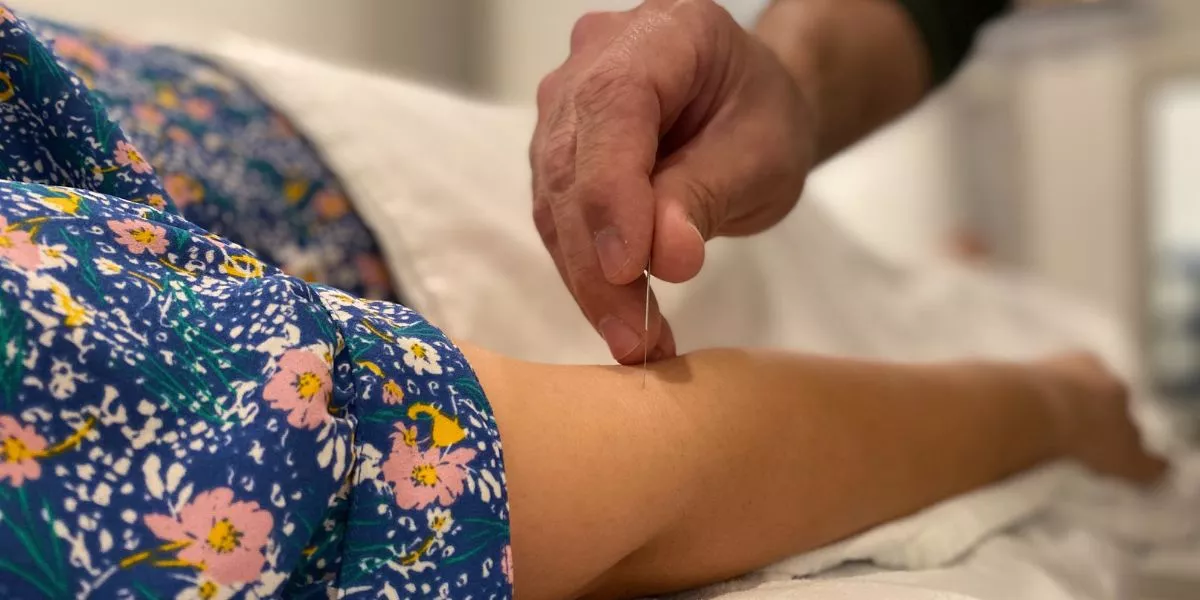
As you walk into your first acupuncture session, there is a sense of anticipation mingled with curiosity about what lies ahead. The dimly lit room, the aroma of burning incense, and the soothing music playing in the background create an atmosphere of calmness. You find yourself settling into the treatment chair, ready to experience something entirely new. And as the acupuncturist prepares to begin, you can't help but wonder how those tiny needles will feel once they touch your skin…
Initial Consultation and Health Assessment
During your initial acupuncture session, you'll undergo a thorough consultation and health assessment. The acupuncturist will ask you detailed questions about your medical history, current symptoms, lifestyle, and any specific concerns you may have. This information is crucial for the acupuncturist to understand your overall health and tailor the treatment plan to meet your individual needs effectively.
Be prepared to discuss not only the main reason for seeking acupuncture but also other aspects of your health, such as sleep patterns, diet, stress levels, and emotional well-being. The acupuncturist will also assess your pulse, tongue, and palpate certain areas to gather more information about your body's balance and energy flow.
Remember to be open and honest during this consultation, as it will help the acupuncturist make a more accurate diagnosis and create a personalized treatment plan for you. This initial assessment sets the foundation for the rest of your acupuncture sessions, ensuring that you receive the most beneficial and effective care for your specific health concerns.
Discussion of Treatment Plan and Goals
Let's delve into the details of your treatment plan and goals during your acupuncture session. After your initial consultation and health assessment, your acupuncturist will discuss with you a tailored treatment plan designed to address your specific needs and health concerns. This plan may involve a series of acupuncture sessions spread out over a recommended timeline to achieve optimal results.
During this discussion, your acupuncturist will explain the goals of the treatment plan, such as reducing pain, improving energy levels, enhancing mental clarity, or addressing any other specific issues you may have. Together, you'll establish realistic expectations for what acupuncture can help you achieve and the time frame in which these results may be attained.
It is essential to communicate openly with your acupuncturist about your treatment goals and any concerns you may have. By working collaboratively and staying committed to the treatment plan, you're more likely to experience the full benefits that acupuncture has to offer.
Acupuncture Treatment Process Explained
The acupuncture treatment process involves the strategic insertion of thin needles into specific points on your body to stimulate energy flow and promote healing. During the session, your acupuncturist will carefully place these needles at precise locations based on your individual needs and goals. The needles are typically retained for about 15-30 minutes while you relax comfortably. You may feel a slight tingling sensation or a dull ache at the insertion site, but it shouldn't be painful.
As the needles work to rebalance the flow of energy in your body, you may experience a sense of deep relaxation and calm. This process is designed to address any imbalances or blockages in your body's energy pathways, known as meridians. By restoring the flow of energy, acupuncture aims to alleviate pain, reduce inflammation, improve circulation, and boost overall well-being. Each treatment is tailored to your specific condition and may require multiple sessions for optimal results. Trust in the process and communicate openly with your acupuncturist to ensure the best outcome.
Experience During and After Treatment
You may notice a sense of relaxation and tranquility during your acupuncture treatment session. As the acupuncturist places the needles, you might feel a gentle tingling sensation or a dull ache at the insertion points. These sensations are typically mild and temporary. Many people find the experience surprisingly calming, with some even drifting off into a light nap during the session.
After your acupuncture treatment, you could experience various responses. Some individuals report feeling energized and invigorated, while others feel a deep sense of relaxation. It's essential to listen to your body and give yourself time to rest and hydrate after the session. You may also notice improvements in your symptoms within hours or days following the treatment, although some conditions may require multiple sessions to experience significant changes.
Remember that everyone's experience with acupuncture is unique. Stay open-minded and attentive to how your body responds, and communicate any sensations or changes with your acupuncturist for a more tailored treatment plan.




